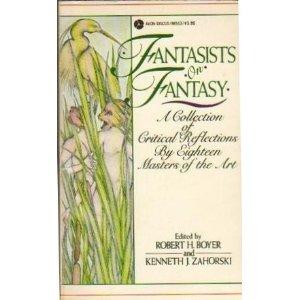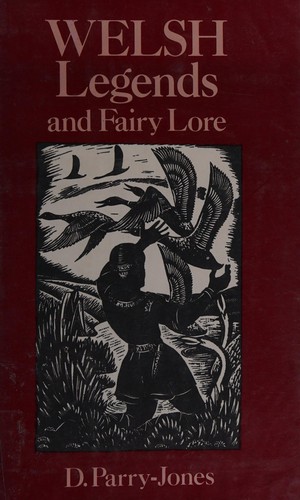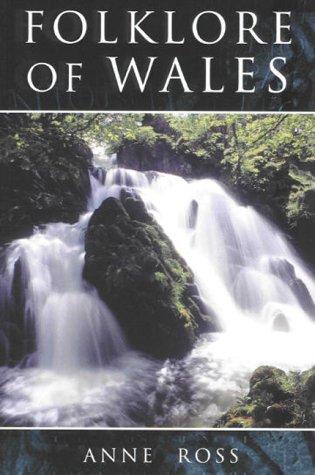Rupert Owen reviewed Fantasists on Fantasy by Robert H. Boyer
Review of 'Fantasists on Fantasy' on 'GoodReads'
3 stars
Fascinating and unpretentious discourse on Fantasy Fiction by the writers who write it. I used it as reference material for a critical study I was working on as it contained material written by authors who were pathing the way for modern fantasy. I wouldn't say it is comprehensive but it certainly covers enough ground as a taster reference. Nice to see Moorcock included.












